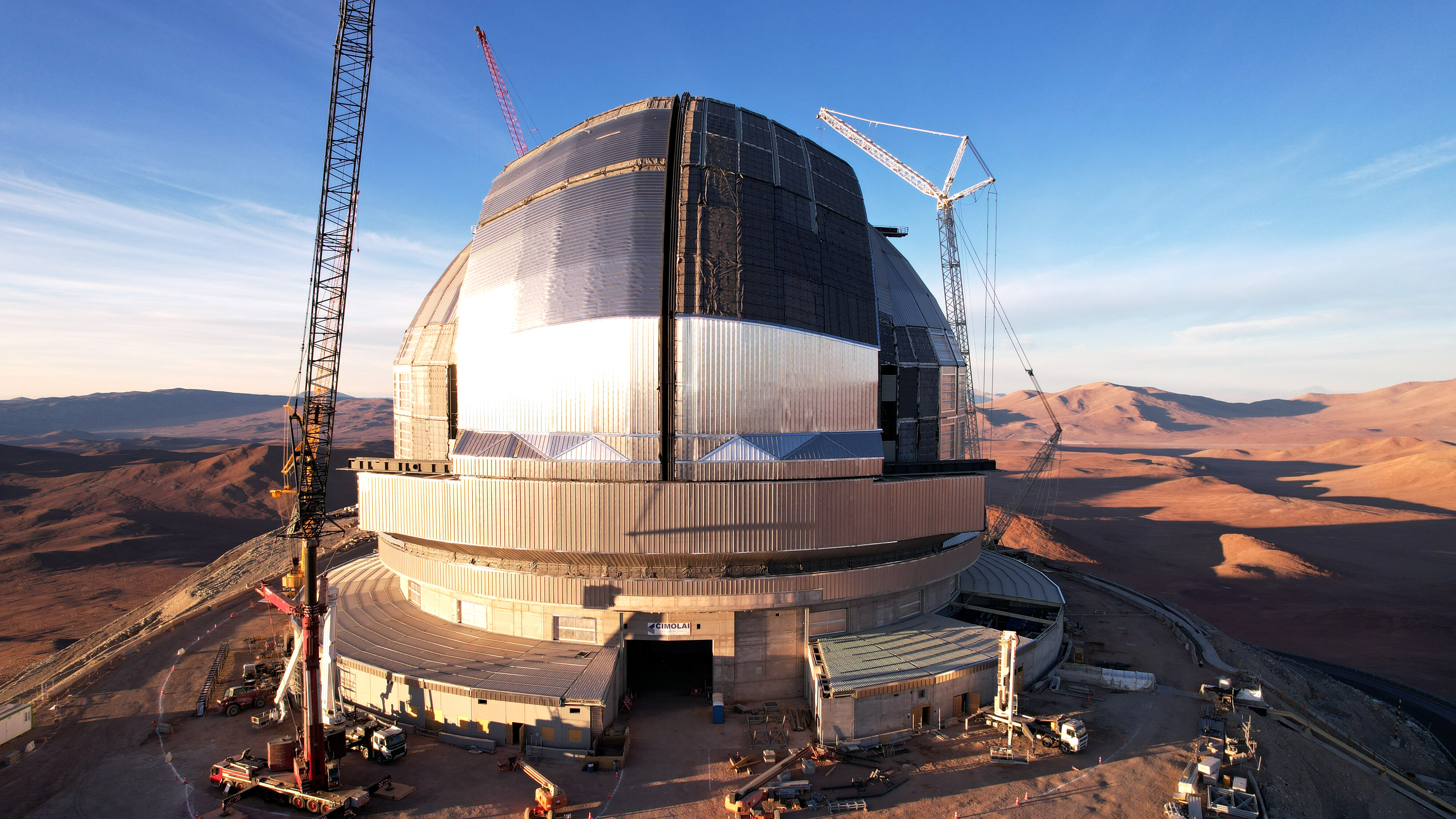25 biggest space conspiracy theories: Debunked
Some space conspiracy theories just won't go away.
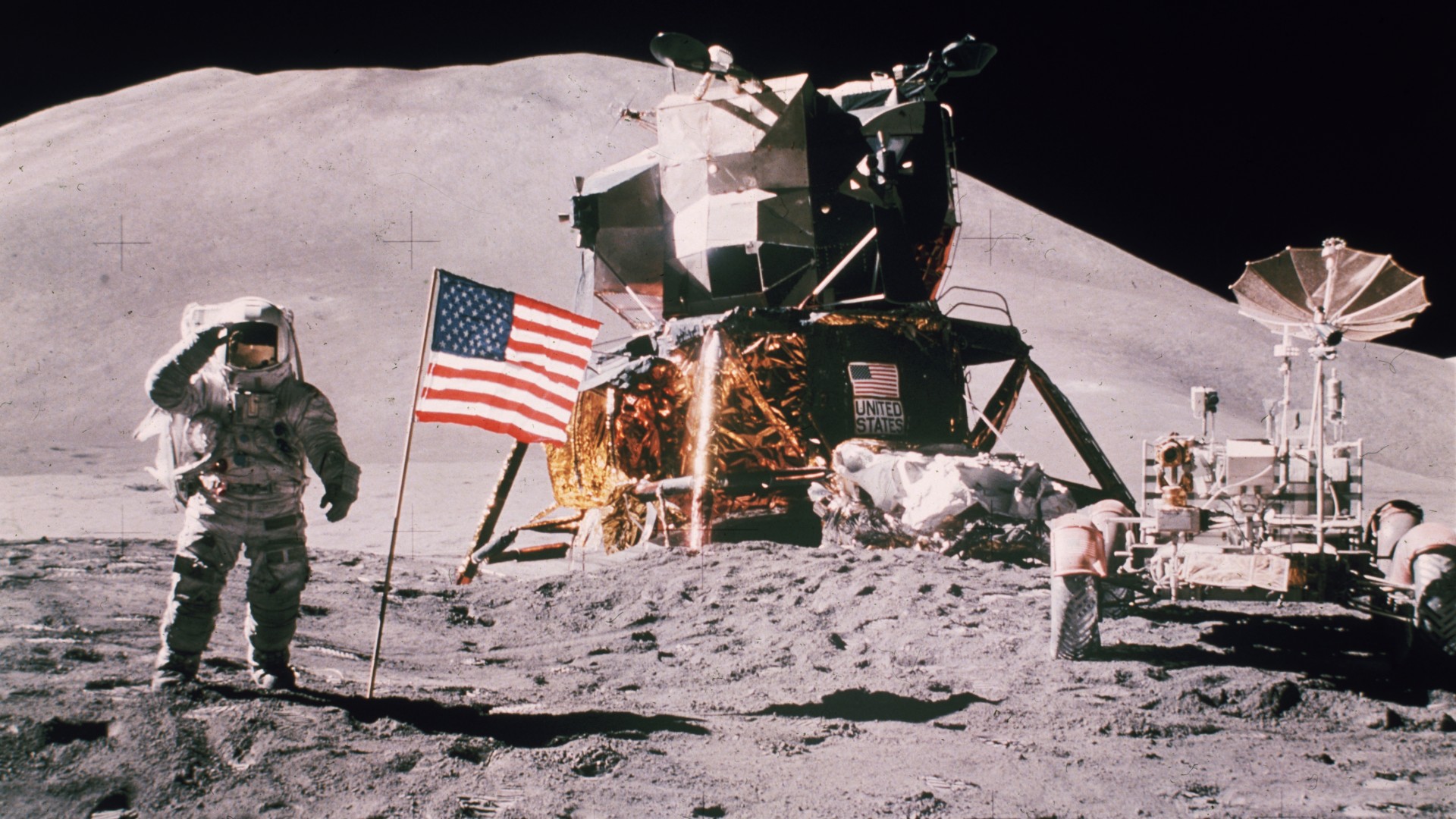
Breaking space news, the latest updates on rocket launches, skywatching events and more!
You are now subscribed
Your newsletter sign-up was successful
Want to add more newsletters?

Delivered daily
Daily Newsletter
Breaking space news, the latest updates on rocket launches, skywatching events and more!

Once a month
Watch This Space
Sign up to our monthly entertainment newsletter to keep up with all our coverage of the latest sci-fi and space movies, tv shows, games and books.

Once a week
Night Sky This Week
Discover this week's must-see night sky events, moon phases, and stunning astrophotos. Sign up for our skywatching newsletter and explore the universe with us!

Twice a month
Strange New Words
Space.com's Sci-Fi Reader's Club. Read a sci-fi short story every month and join a virtual community of fellow science fiction fans!
The internet is absolutely full of myths and urban legends about space and just about everything else, so readers must be a skeptical these days.
From claims of aliens crashing on Earth and UFOs being hidden on military bases, to Mars being abnormally large and the moon turning green, space tends to attract some outlandish or at least highly unproven claims that should be vetted carefully.
Here are some of the biggest space myths and conspiracy theories that just won't go away.
1. The Apollo moon landings were fake
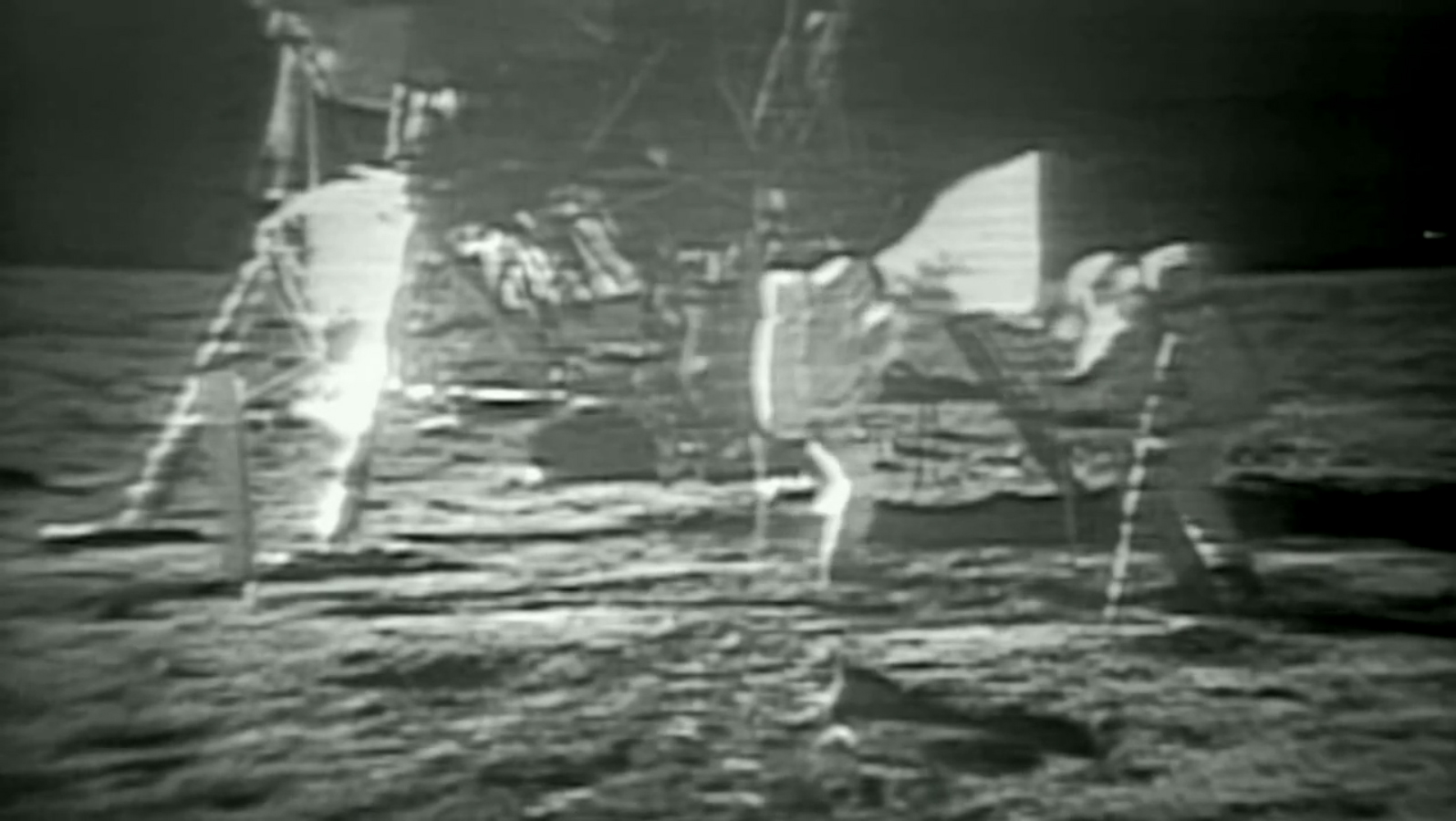
Twelve NASA astronauts walked on the moon between 1969 and 1972, but in the decades since Apollo 11 astronauts first set foot on the moon, many theories have been put forward claiming that the whole Apollo program was staged. However, the Lunar Reconnaissance Orbiter has since released photos of the landing sites as they appear on the lunar surface many years later.
Some of the questions moon landing deniers ask are "Why are there no stars in the sky in the moonwalkers' photos? Why are the U.S. flags fluttering on the surface? Why do you see footprints in the pictures, but no marks from the lunar modules that landed there?"
It turns out those questions are easy to answer than you may think.
There are no stars in the sky for the same reason you don't see stars during the day on Earth, according to NASA: The bright glow of daylight on the surface washes them out.
Breaking space news, the latest updates on rocket launches, skywatching events and more!
U.S. flags planted into the lunar soil had metal rods sewn in them to appear as though they were moving, according to NASA. Without these wires, the flag would have hung straight down, making for a pretty lackluster photo prop.
And the lunar modules, though heavier, didn't put prominent marks in the surface in some places because their mass was more evenly distributed than the astronauts' weight was in their boots.
2. NASA is a lie
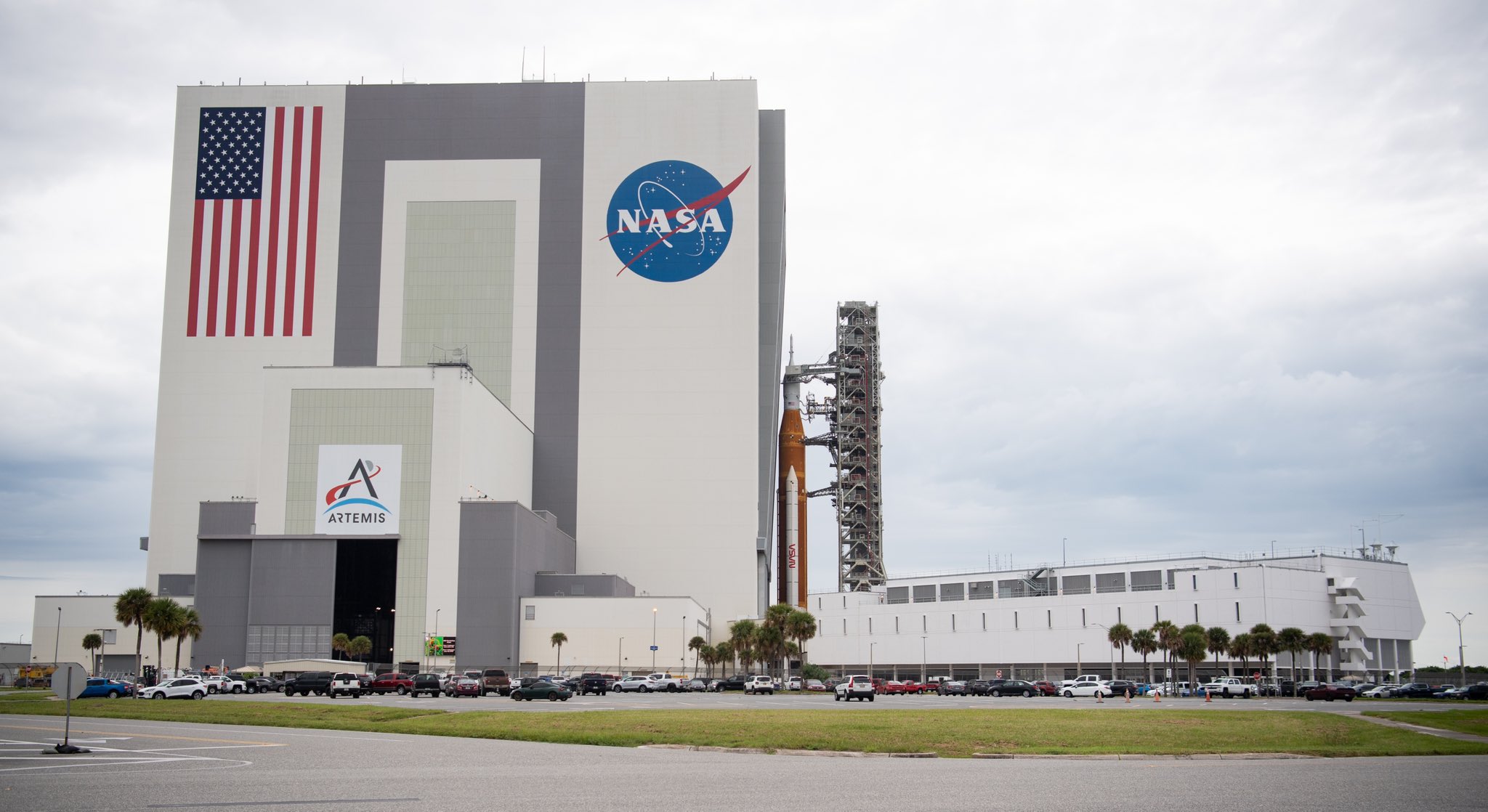
Some people actually believe NASA's whole function is not to explore space, but to generate space-related hoaxes. (The Apollo moon landing is a famous example that we'll explore in the next slide.) People who believe this conspiracy, sometimes flagged with the hashtag "#NASAhoax" on social media, will say that amazing space pictures of Mars, Pluto and even Earth are fake, computer-generated imagery (CGI).
NASA was formed in 1958 "to provide for research into problems of flight within and outside the Earth's atmosphere, and for other purposes," according to the National Aeronautics and Space Act of 1958, which then-president Dwight D. Eisenhower signed into law shortly after the start of the space race against the Soviet Union.
Since then, NASA has launched hundreds of satellites into orbit around Earth, the moon and several other worlds. In fact, NASA spacecraft have orbited, flown by or landed on every planet in the solar system. NASA also sends astronauts into orbit, where they conduct research at the International Space Station (ISS).
If you're not convinced, you are free to travel to Florida's Space Coast to watch a rocket launch for yourself. It's also quite easy to see the space station and other satellites with your own eyes with the help of a satellite tracker.
3. The Earth is flat
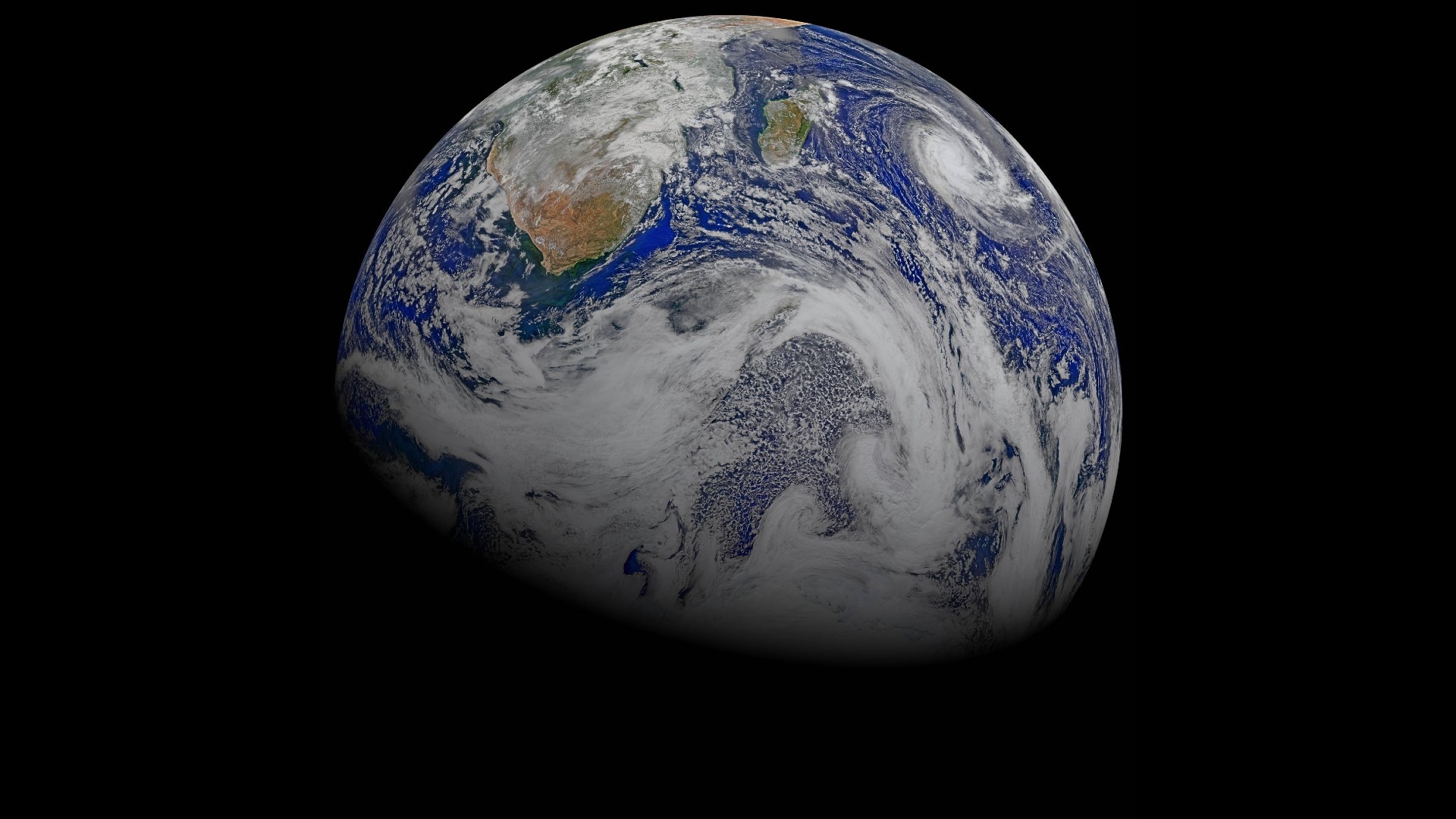
This myth is so popular that there is even a group named after it: the Flat Earth Society. Members of the organization argue that the horizon is always at eye level, which they say would not be possible if the Earth were round. They also say there is no full movie of the Earth rotating from space — which is not true, as NASA has published multiple videos taken from satellites, including a live video of Earth from the ISS, which orbits our planet 16 times per day.
One way of demonstrating to yourself that the Earth is round is to consider how orbits of satellites work. Satellites constantly "fall" around the Earth as they are pulled around by our planet's gravity; they just need to be traveling fast enough at a high enough altitude to not slam into the atmosphere. Or, you can look at the amazing pictures taken by astronauts at the ISS.
4. Planet Nine will kill us
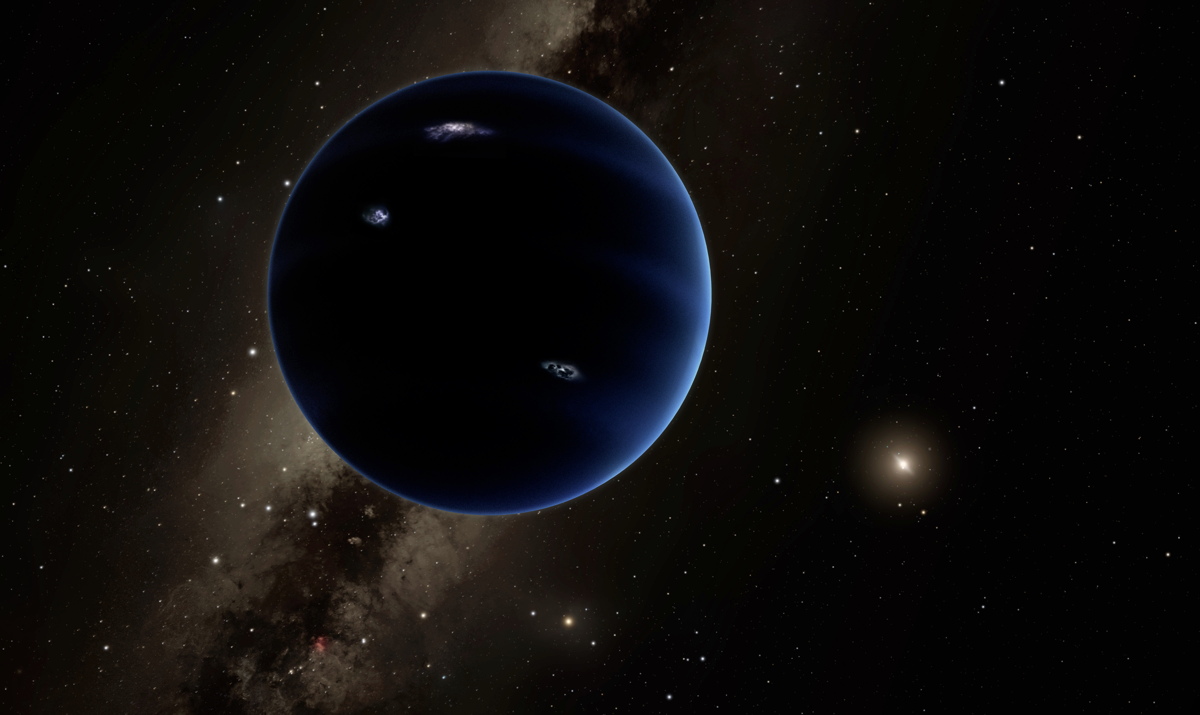
In April 2016, the New York Post tweeted, "A newly discovered planet could destroy Earth as soon as this month." The newspaper was referring to Planet Nine, a theoretical planet at the edge of the solar system. An accompanying video also claimed that the new planet would be throwing all sorts of asteroids and comets at Earth, which would supposedly end up pummeling our planet.
Although the existence of a ninth planet has not been confirmed, astronomers are actively looking for one to help explain motions of some objects in the icy Kuiper Belt, a vast region of icy objects beyond Neptune. If the planet is actually found, the planet will pose no threat to us, according to the California Institute of Technology's Mike Brown (who is one of the original backers of the Planet Nine theory).
5. Alien research is happening at Area 51
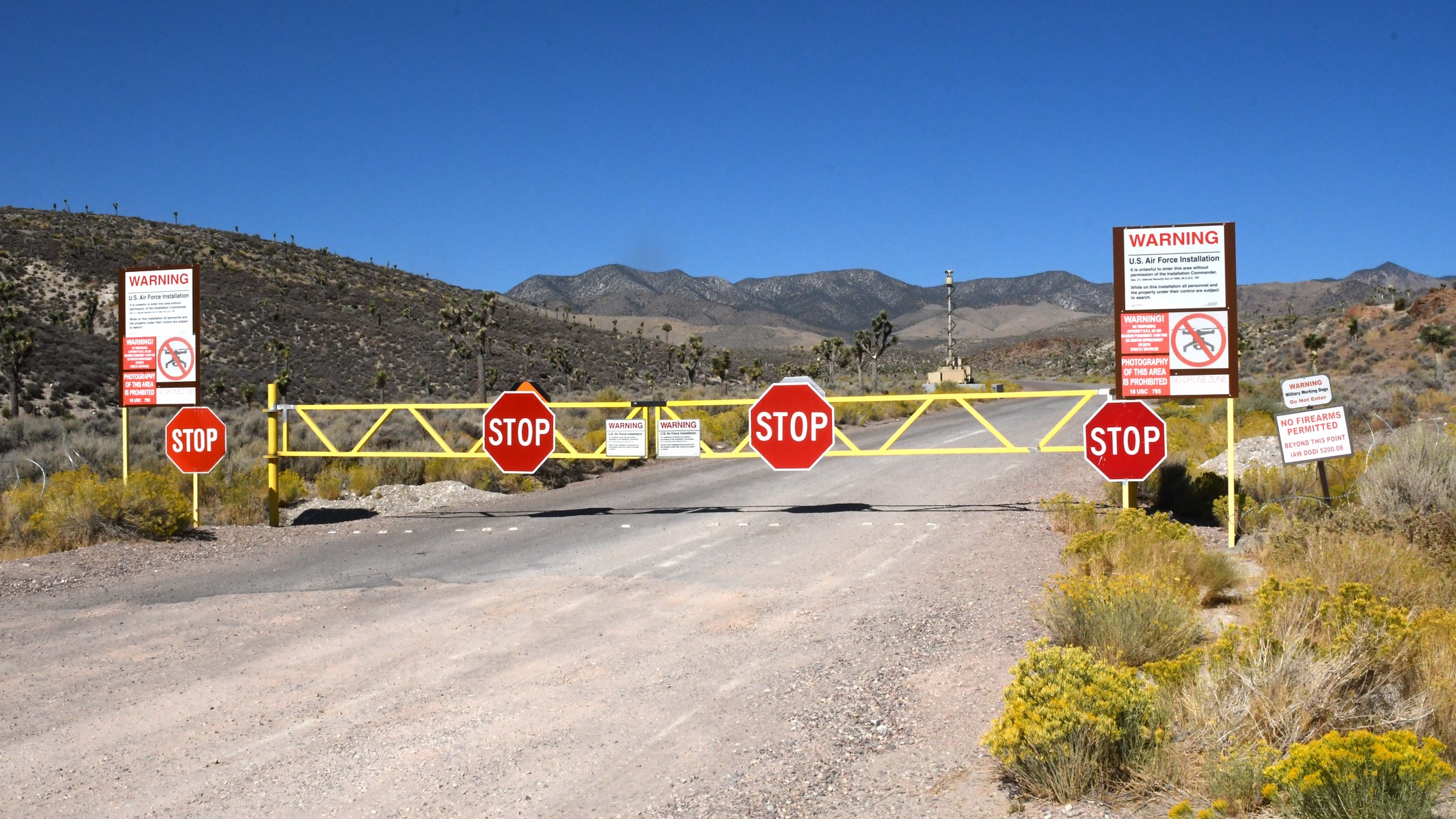
The 1996 movie "Independence Day" is one of the main sources of the Area 51 hoax, which claims that aliens and their technology — recovered from crashed flying saucers — are being studied secretly at a classified military base about 80 miles (130 kilometers) northwest of Las Vegas in the Nevada desert. Some people in the area around the base claim that they have seen strange lights or objects flying in or out of this area.
While the testing and development conducted at Area 51 is classified, the U.S. government has acknowledged its existence (although the CIA officially calls it "Homey Airport" or "Groom Lake").
A part of Edwards Air Force Base, the area was a known location for high-technology airplane flights in the 1960s and 1970s. It first served as a proving ground for Lockheed U-2 and A-12 OXCART spy planes as early as 1955. UFO sightings reported in the area were indeed unidentified objects, but only because the planes were top-secret — not because they were flown by aliens.
6. There is a killer planet known as "Nibiru"
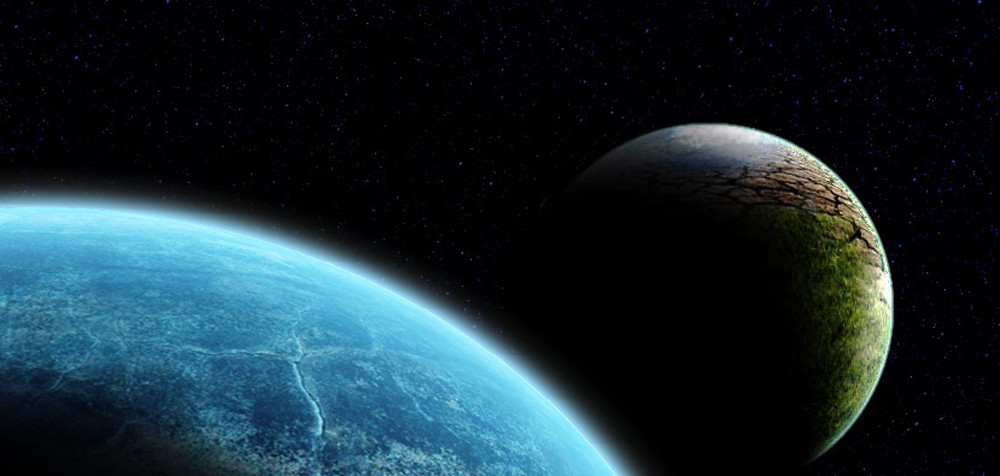
Conspiracy theorists say another dangerous planet is Nibiru, which was first mentioned in the 1976 book "The Twelfth Planet," by Zecharia Sitchin. In the book, Sitchin translated ancient Sumerian cuneiform and claimed that the text is proof of a planet beyond Neptune called Nibiru that orbits the sun every 3,600 years.
Years later, self-proclaimed psychic Nancy Lieder claimed to have communicated with extraterrestrials who said Nibiru would collide with Earth in 2003. When that didn't happen, the date was moved to 2012 (and linked, of course, with the 2012 doomsday predictions). Of course, the collision never occurred, the world didn't end in 2012 and no astronomer has ever found a planet on a collision course with Earth.
7. There is a face on Mars
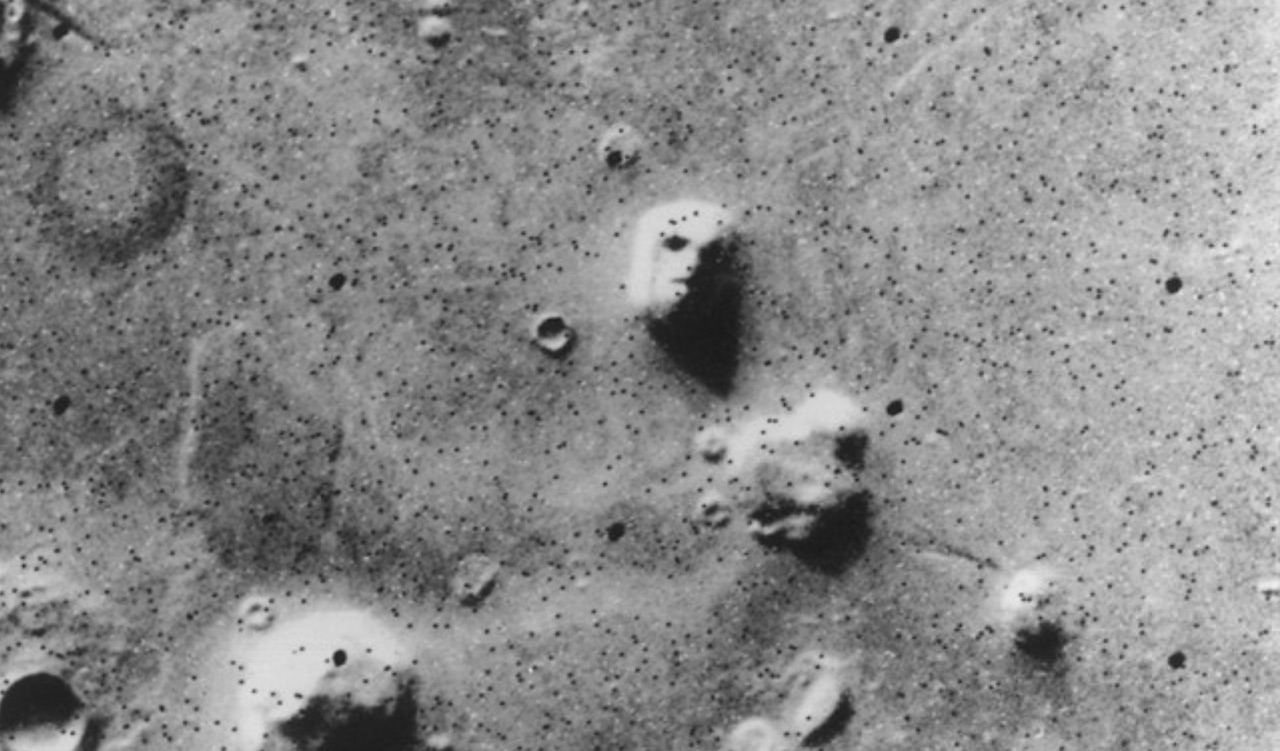
In 1976, NASA's Viking 1 spacecraft took a picture of what appeared to be a face on Mars. Immediately, some people said there must have been aliens on the Red Planet that left that face behind as evidence of their existence. NASA, however, pointed out that the suspected face is really just a pile of rocks casting shadows that resemble face-like features.
NASA followed up with better-resolution pictures taken from the Mars Reconnaissance Orbiter and the Mars Global Surveyor in 1998 and 2001, respectively. These new images made it quite clear that the "face on Mars" is nothing more than a trick of light and shadows on a completely normal Martian mound.
8. The moon Iapetus is an alien Death Star
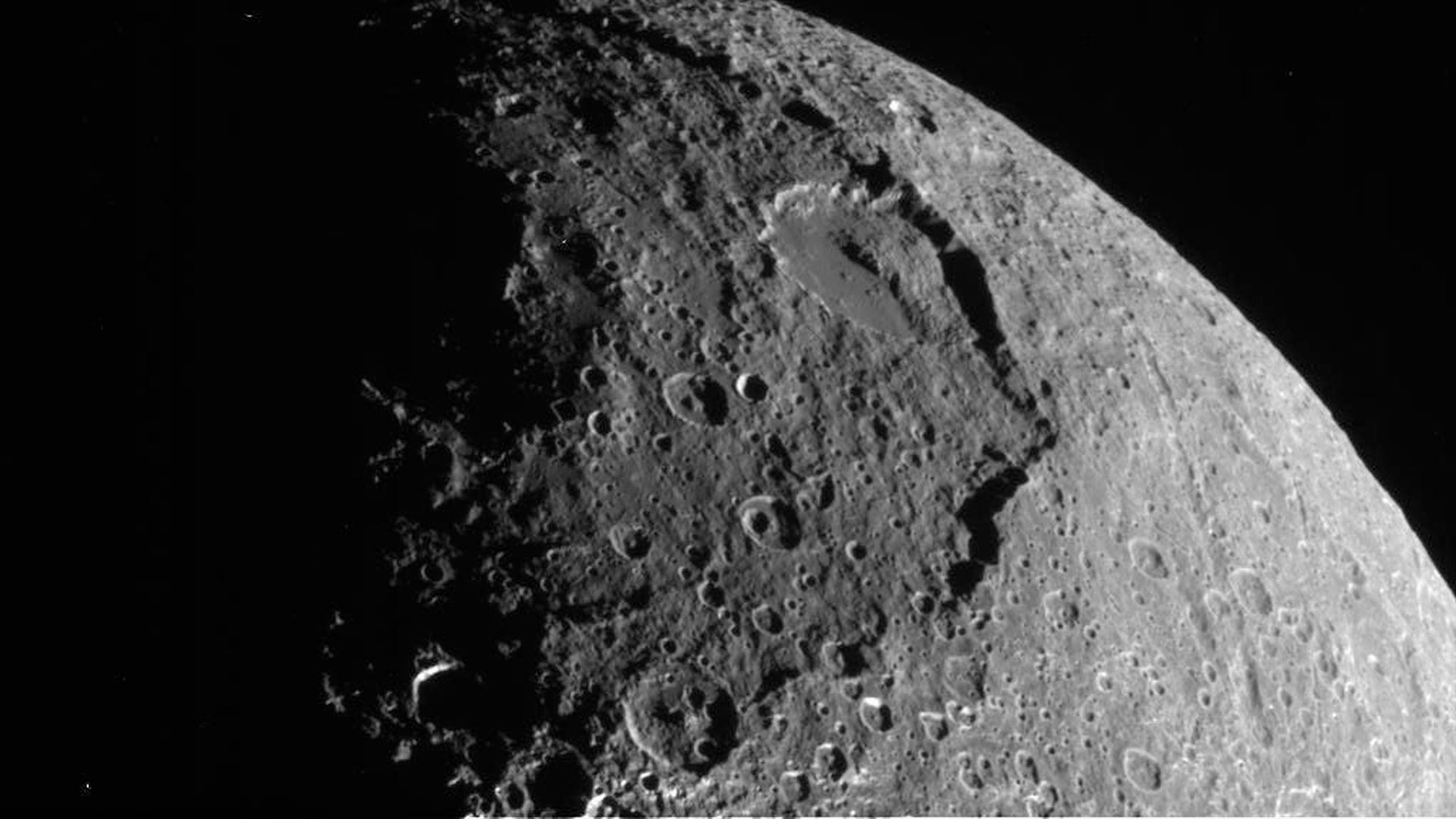
Iapetus is a moon of Saturn that looks somewhat like the infamous Death Star in the "Star Wars" franchise, with a large crater that resembles the fictional weapon's superlaser focus lens. The Death Star is a planet-killing machine that destroys entire worlds with its outrageously powerful laser. It was prominently featured in the 2016 movie "Rogue One: A Star Wars Story," as well as in 1977's "Star Wars: Episode IV - A New Hope."
A Daily Mail article published in May 2016 claimed Iapetus is an artificial object crafted by aliens. As "evidence," the article cited a photo taken by NASA's Cassini spacecraft in 2004. In the photo, there's a line around the moon's equator that resembles the equatorial trench around the Death Star.
But this line isn't nearly as interesting as the Death Star's trench, which houses the battle station's engines, thrusters and docking bays. That line is nothing more than a mountain ridge, and Iapetus is actually just made up of boring old rock and ice. Cassini has flown by the moon to take pictures several times without being blasted by deadly alien lasers.
Saturn's moon Mimas, with it's giant crater Herschel, also looks surprisingly like the Death Star.
9. Saturn's hexagon is alien technology
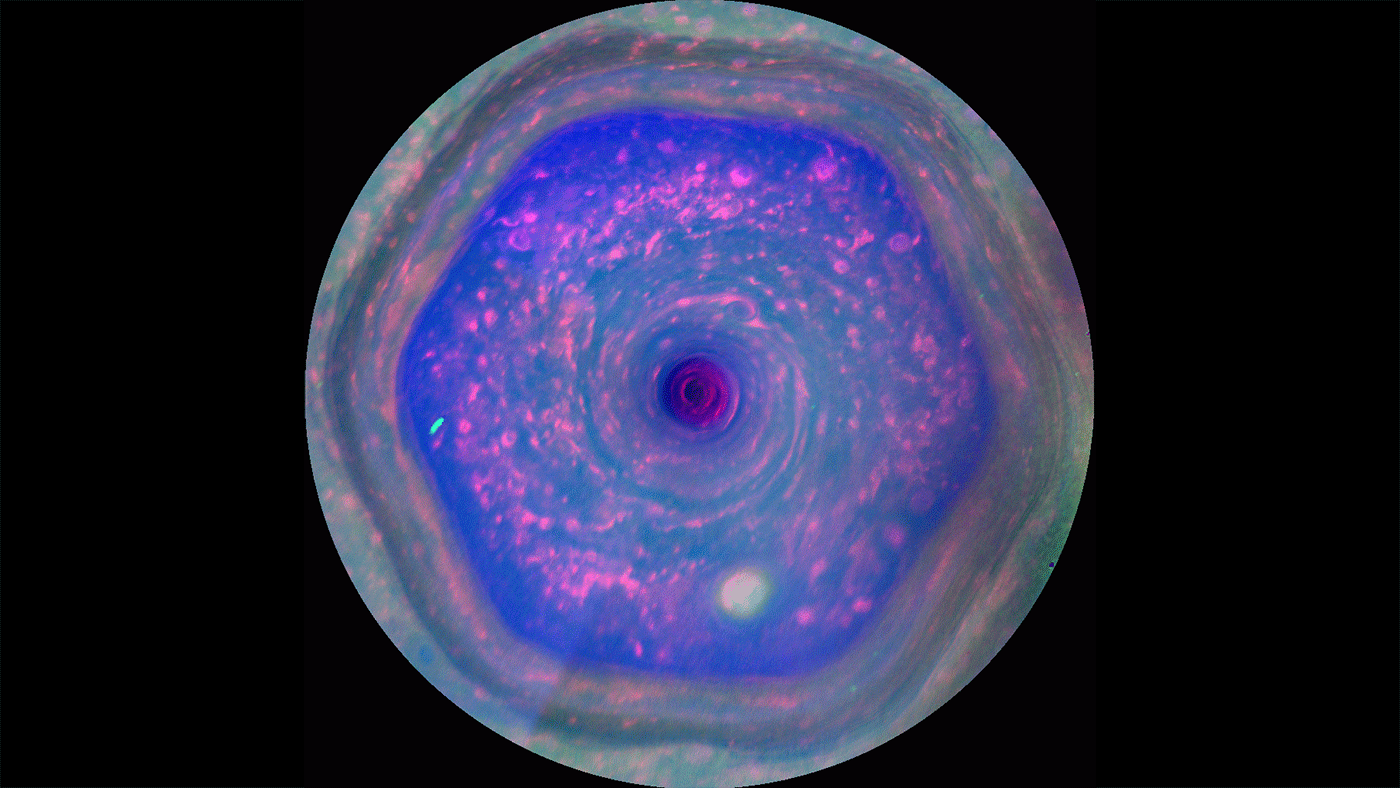
Saturn's hexagon was first spotted when NASA's Voyager spacecraft flew by the giant, ringed planet in 1980. The bizarre, six-sided structure on the round planet's north pole caused quite the stir, because straight lines and polygons are not so common in nature.
Immediately after the Voyager returned its first images of Saturn's strange feature, even stranger theories arose to explain it, including that it was somehow related to alien technology, or perhaps even was a gateway to hell. The hexagon is not artificial, but rather a weird-looking hurricane at Saturn's pole.
NASA has done several flybys of this region with the Cassini spacecraft, studying the haze particles and other features of the storm, to try to learn more about its unusual properties.
10. Mars is as big as the moon

Originating in 2003, the infamous Mars hoax asserts that Mars was closer to Earth than it had been in the 60,000 years prior, and that the planet will appear as large as the full moon. What started out as a misconstrued email turned into a recurring rumor that gets reshared every August and, naturally, has spread to social media as it became more popular.
Although Mars is indeed relatively close to Earth in a cosmic sense, it will never be as large as the full moon. It will appear as a red dot in the sky, just as the ancient astronomers saw it. If you'd like to see Mars magnified, take out a telescope or look at one of NASA's spectacular Mars pictures.

Ailsa is a staff writer for How It Works magazine, where she writes science, technology, space, history and environment features. Based in the U.K., she graduated from the University of Stirling with a BA (Hons) journalism degree. Previously, Ailsa has written for Cardiff Times magazine, Psychology Now and numerous science bookazines.
- Elizabeth HowellContributing Writer
